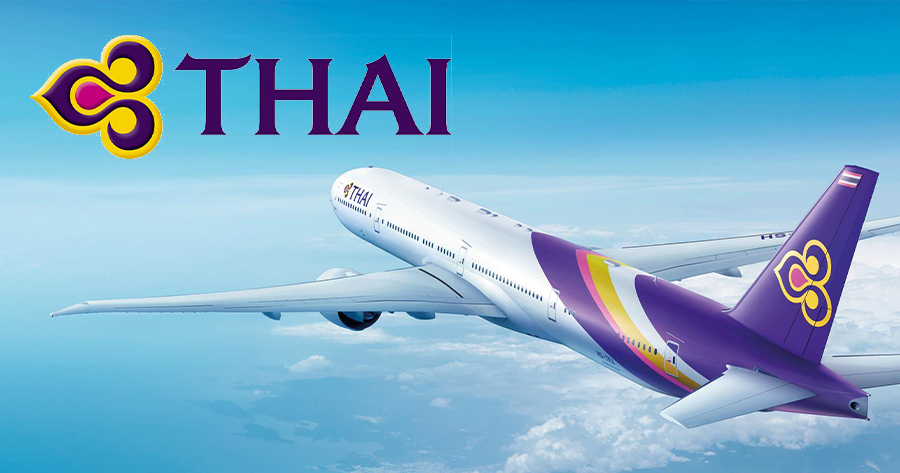After navigating nearly five years of a comprehensive business rehabilitation plan, Thai Airways International Public Company Limited (SET: THAI) has achieved a remarkable turnaround, culminating in its successful re-listing on the Stock Exchange of Thailand on 4 August 2025. This pivotal milestone signals a new, stronger chapter for Thailand’s national carrier, affirming its commitment to sustainable growth and operational excellence.
The arduous journey began with the Central Bankruptcy Court’s approval of THAI’s rehabilitation plan in 2021. Faced with challenges including an aging fleet and diminished market share, THAI embarked on a complete organisational revamp to enhance efficiency and transparency. A cornerstone of this financial restructuring involved converting 53,453 million baht of deferred creditor debt into equity and raising 22,987 million baht through a new share offering. This rigorous discipline transformed shareholders’ equity from a negative 43,142 million baht in 2020 to a positive 55,439 million baht by March 2025, drastically reducing its interest-bearing debt-to-equity ratio from 12.5 times in 2019 to just 2.2 times.
THAI’s financial results now underscore its robust recovery, demonstrating 10 consecutive quarters of profit. For the second quarter of 2025, THAI reported a net profit of 12,134 million baht, a substantial increase from 314 million baht a year earlier. Total revenue (excluding one-time items) rose to 44,828 million baht, driven by strategic frequency expansion and codeshare partnerships. Simultaneously, total operating expenses decreased by 9%, largely due to lower jet fuel prices and operational efficiencies. This led to an operating profit before finance costs surging by 71.8% to 10,180 million baht, achieving an impressive EBIT margin of 22.7%. For the first half of 2025, net profit further soared by 702.5% to 21,973 million baht.
Operationally, THAI has significantly enhanced its performance. Total passengers carried in Q2 2025 reached 3.97 million, up 4.2% year-on-year, while the average cabin factor improved to 77.0%. For the first half of 2025, Available Seat Kilometers (ASK) rose by 15.2% and Revenue Passenger Kilometers (RPK) by 18.3%, with an average cabin factor of 80.2%. Currently operating 78 aircraft, a core growth strategy is to optimise its fleet to 150 aircraft by 2033, streamlining models and engine types to enhance cost control. THAI aims to reclaim its market share, targeting 35% at Suvarnabhumi Airport by 2029, a significant increase from 26% in 2024.
The re-listing on the Stock Exchange of Thailand was met with strong investor confidence. The stock opened at 10.50 baht per share on 4 August 2025, marking a 134.4% increase from its capital increase offering price. This demonstrates THAI’s capability to deliver robust financial performance as a privately held company, bolstering stakeholder trust. Looking ahead, THAI plans a 25% dividend payout policy post-re-listing and aims for 400 billion baht in revenue by 2033. With a clear trajectory for stable and sustainable growth, underpinned by strong corporate governance and a target to achieve net zero emissions by 2065, THAI is firmly positioned to reclaim its status as a leading regional airline.



